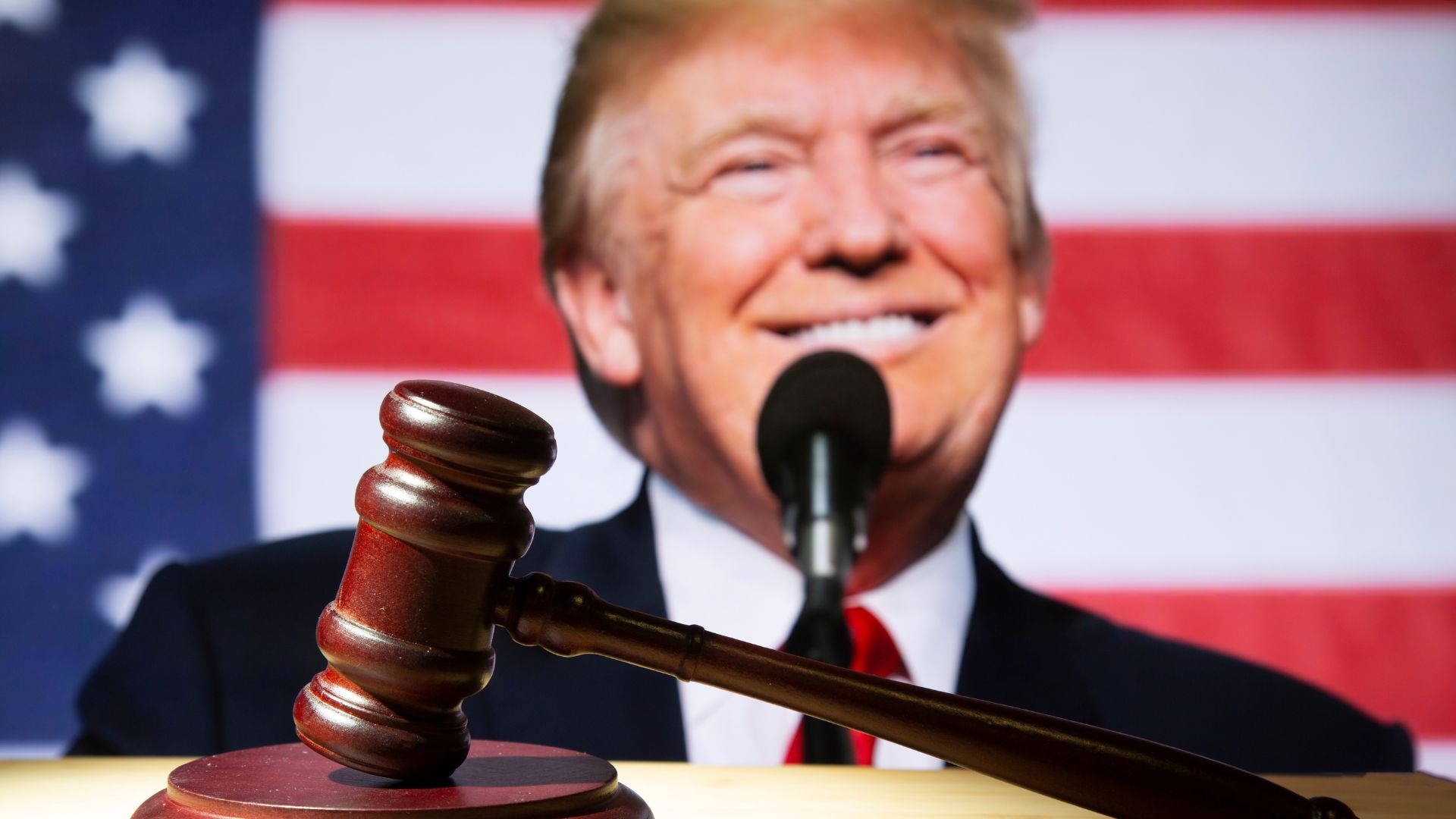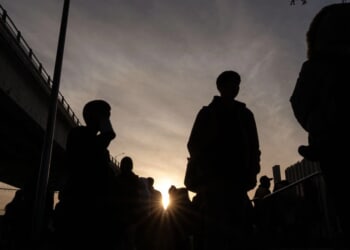
A federal judge has ruled in favor of a Trump administration policy that permits U.S. Immigration and Customs Enforcement (ICE) to conduct enforcement actions at churches and other places of worship, despite legal challenges brought by religious groups.
The ruling came from U.S. District Judge Dabney Friedrich, who was appointed during President Donald Trump’s first term. Friedrich denied a motion filed by over two dozen religious organizations—representing Christian and Jewish groups—that sought a preliminary injunction against the policy.
The plaintiffs argued that the change in enforcement guidelines has contributed to declining attendance at religious services, particularly among illegal aliens concerned about possible ICE activity.
Elon Musk Called This Financial News ‘Terrifying’
Judge Friedrich found insufficient evidence to support claims that ICE is deliberately targeting churches or that the policy itself is responsible for reduced attendance.
In her opinion, she stated, “That evidence suggests that congregants are staying home to avoid encountering ICE in their own neighborhoods, not because churches or synagogues are locations of elevated risk.”
The contested policy was implemented on January 20, the day President Trump returned to office for his second term.
On that day, the Department of Homeland Security revoked a previous guideline from the Obama administration that discouraged ICE agents from conducting enforcement operations at “sensitive locations,” which included schools, hospitals, and houses of worship.
FREE Concealed Carry Gun Laws & Reciprocity Map
Under the new guidance, ICE officers are authorized to carry out operations at these locations without the need for prior approval, as long as they use “common sense” and exercise “discretion.”
Religious leaders opposing the policy have said the shift reverses more than thirty years of practice designed to shield illegal aliens and vulnerable groups from enforcement actions in sanctuaries and other critical community settings.
Despite those concerns, the court noted that only a limited number of ICE enforcement actions have occurred at or near religious institutions.
Judge Friedrich also observed that reversing the policy would not necessarily resolve attendance issues, since broader immigration enforcement efforts throughout communities may still deter individuals from attending worship services.
Other legal cases addressing immigration enforcement at sensitive locations are moving through the courts as well.
In Maryland, a separate federal judge issued a temporary order blocking ICE from conducting operations at religious sites in cases involving specific religious groups, including Quakers.
However, a judge in Colorado issued a ruling in favor of the Trump administration in a case involving enforcement at schools.
Judge Friedrich’s decision allows the Trump administration’s policy to remain in effect while the lawsuit continues.
The outcome preserves the current enforcement guidelines for ICE and signals that legal efforts to block immigration operations at religious institutions may face significant hurdles in federal court.
As the legal challenges unfold, the administration has indicated it will continue to support immigration enforcement strategies that prioritize officer discretion while maintaining the authority to act in any public location deemed necessary.
American Made Patriotic Apparel – Save 15% with Promo Code MERICA

![‘MONUMENTAL’ Supreme Court Ruling Hands Trump a Huge Win for Deportation Agenda [WATCH]](https://www.right2024.com/wp-content/uploads/2025/04/‘MONUMENTAL-Supreme-Court-Ruling-Hands-Trump-a-Huge-Win-for-750x375.jpg)


![Jasmine Crockett Justifies Mass Illegal Immigration With Bizarre Argument [WATCH]](https://www.right2024.com/wp-content/uploads/2025/03/1742007023_Jasmine-Crockett-Justifies-Mass-Illegal-Immigration-With-Bizarre-Argument-WATCH-350x250.jpg)
![Red Sox Fan Makes the ‘Catch of the Day’ with Unconventional ‘Glove’ [WATCH]](https://www.right2024.com/wp-content/uploads/2025/04/Red-Sox-Fan-Makes-the-‘Catch-of-the-Day-with-350x250.jpg)

![NYC Tourist Helicopter Falls into Hudson River, Siemens Executive and Family Among Those Killed [WATCH]](https://www.right2024.com/wp-content/uploads/2025/04/NYC-Tourist-Helicopter-Falls-into-Hudson-River-Siemens-Executive-and-350x250.jpg)








